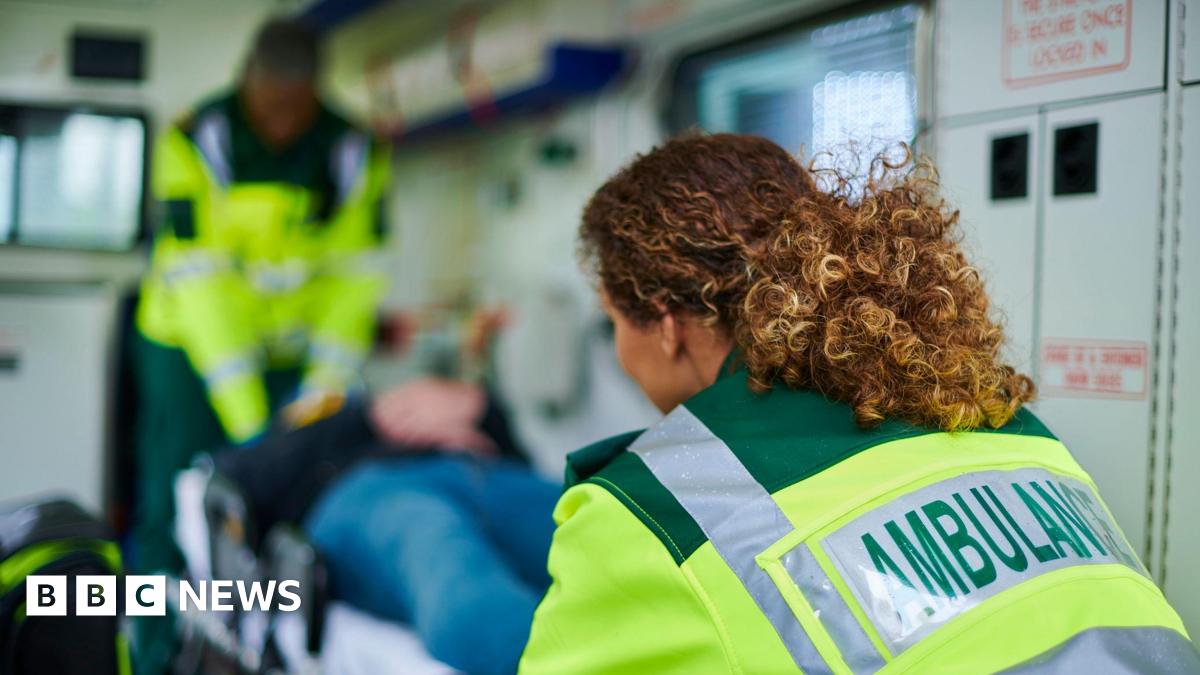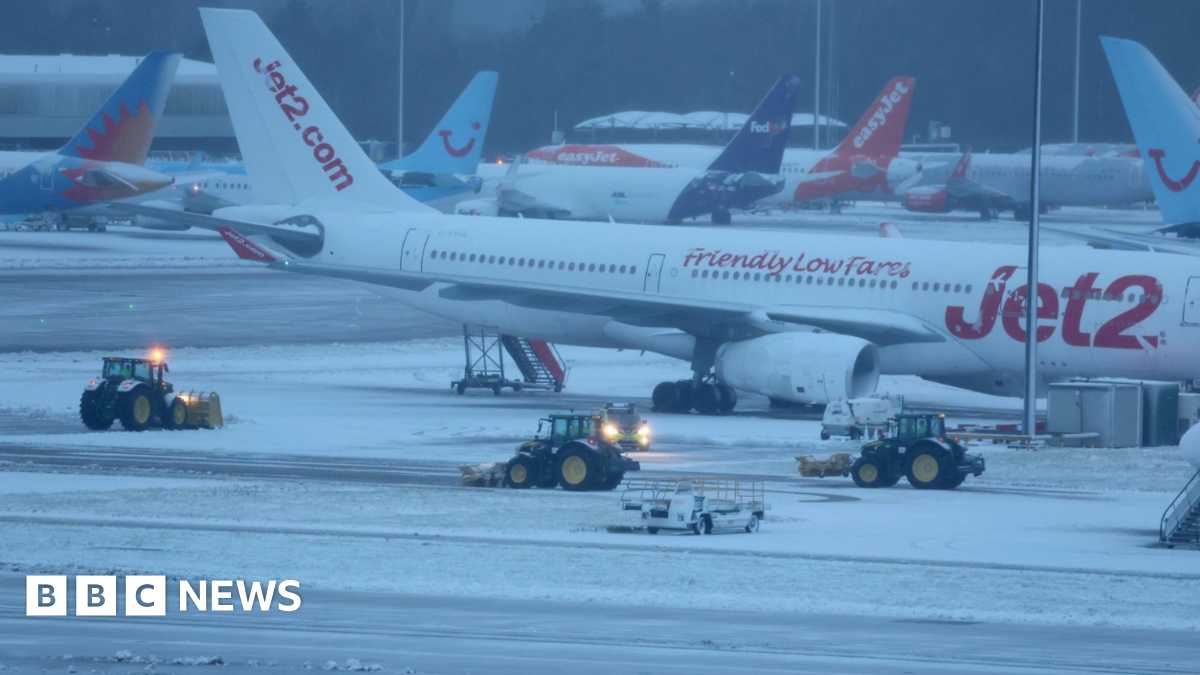World
Flu rises sharply in England’s hospitals

Hospitals have put extra beds in place this year to help deal with the pressure on admissions created by flu and other winter viruses, including Covid and norovirus (the winter vomiting bug).
NHS chiefs say they have also added more support for people who frequently need emergency services, with more care being delivered outside hospitals.
Matthew Taylor, chief executive of the NHS Confederation, said the NHS had done “all it could” in advance to reduce risk to patients, but the service remained in a position of “national vulnerability” with “intense pressures” starting to impact local services.
Figures for last week show some 12,200 patients were left waiting in ambulances for more than an hour before they could be cared for in hospital.
Dr Adrian Boyle, head of the Royal College of Emergency Medicine, told BBC Radio 4’s Today programme that it was a very difficult time for both patients and staff.
“What we are seeing is ambulances are frequently stuck outside emergency departments, and our emergency departments are full.”
He said there was “an enormous amount of avoidable harm – excess deaths that shouldn’t be happening”.
“Flu is the straw that is breaking the camel’s back – because we have this chronic lack of beds within our hospitals, and we don’t use those beds properly because we haven’t reformed social care,” he added.
His criticism comes on the day the health and social care secretary set out plans for reforming adult social care in England, although they are unlikely to be delivered before 2028 at the earliest.
A number of hospitals across different regions in England have restricted visits and asked patients and visitors to wear face masks to prevent further spread of flu.
In Scotland, there has also been a large rise in the number of people in hospital with flu. Earlier this week, First Minister John Swinney said the NHS was under “very significant pressures”.
A Welsh government spokesperson said there were continued “high levels of demand” on urgent and emergency care services this winter, and an increase in flu cases had added further pressure during the Christmas period.










